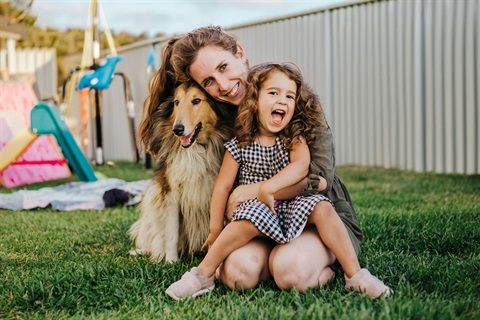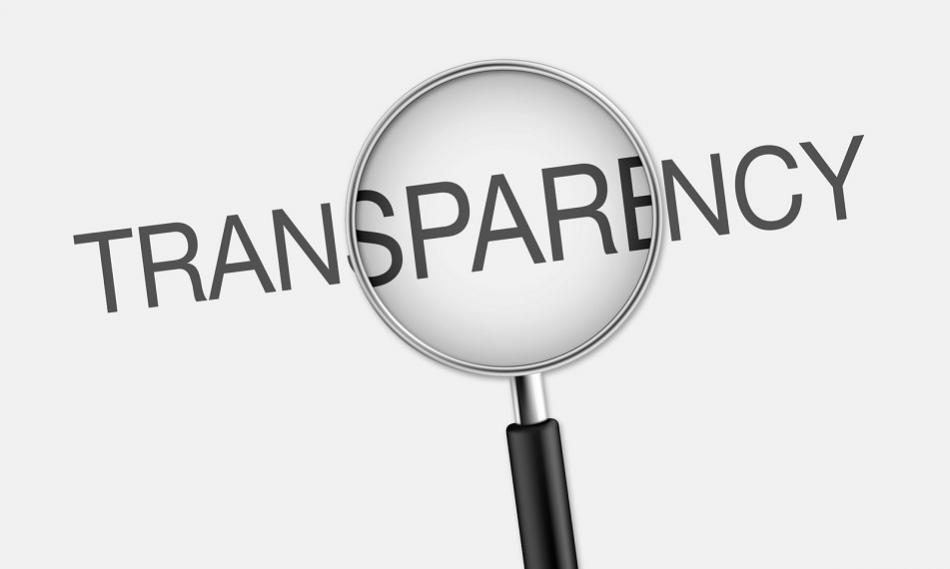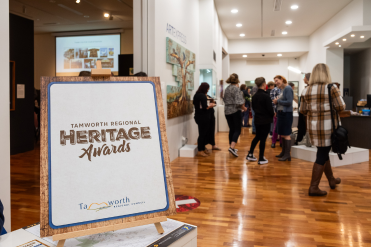As we celebrate International Day of Women and Girls in Science Day, Burnet recognises the dynamic women at the Institute, working to achieve better health for vulnerable communities in Australia and internationally.
Burnet has long been committed to developing the careers of women in science, with 58 per cent of staff and students at the Institute identifying as female. However, there is still considerably more to do in regards to advocating for women in science, particularly at a global level.
Here’s a selection of young women at Burnet, who are passionate about science. They want to encourage young women and girls to harness their scientific and technical skills to forge exciting and impactful careers in science.

Dr Stefanie Vaccher, Epidemiologist
Tell us about your research and role at Burnet
I am an epidemiologist currently working in Papua New Guinea. My role involves managing outbreak responses, routine disease surveillance and disaster preparedness activities across the Asia-Pacific region.
Advice to young women and girls thinking about a career in science?
There are incredibly diverse and exciting career opportunities within science. When many people think about science, they think of someone sitting in a lab, but even within a lab there are so many different roles, projects and opportunities. For me personally, I never would have expected to be working and living in places like Fiji and PNG as part of my career in science.
You don’t necessarily need to be amazing at math, it was my least favorite subject during my final year of high school. However, when I got to PhD I had all this data, and to understand it I needed statistics and programming. This made math a lot more meaningful as I could understand the data and therefore impact change.

Benishar Kombut, Scientific Officer
Tell us about your research and role at Burnet
I am a Scientific Officer with the PNG Institute of Medical Research (PNGIMR) and seconded to the Healthy Mothers Healthy Babies program here at the Burnet Institute in Kokopo, PNG, since 2017.
In the past five years, my primary focus of work has been on malaria diagnostics and serology. For malaria diagnostics, we evaluated and compared new field deployable tests for diagnosing malaria during pregnancy with existing high sensitive molecular lab tests.
For malaria serology, I have been looking at immune responses of pregnant women towards malaria proteins and understanding their relationship with birth outcomes. Other than that, my role also entails providing support towards other collaborative research activities between Burnet and the PNGIMR in Kokopo.
Advice to young women and girls thinking about a career in science?
Science is exciting! If you realise its purpose and have passion for it, keep on persisting, carve that path. Nothing is impossible.

Alessia Hysa, Masters Student
Tells us about your research and role at Burnet
I am a final year masters student working in the Malaria Immunity and Vaccines group under the supervision of Professor James Beeson, Dr. Liriye Kurtovic and Dr. Herbert Opi. My research focuses on understanding whether the current malaria vaccine can lead to immunity against different strains of the malaria parasite.
Advice to young women and girls thinking about a career in science?
In doing science, particularly research, I get to sit on the shoulders of all the scientists before me and use what they have taught us to hopefully further our current understanding. I hope that one day someone will be able to then build upon my research and together, this accumulation of knowledge can lead to impactful discoveries.
The Burnet Institute is the first research institute I have studied in, and from the very start I noticed that I was surrounded by incredible, knowledgeable and inspiring women who have already taught me so much and so I cannot imagine the world of science without women in it.

Ellen Kearney, PhD Candidate
Tells us about your research and role at Burnet
I’m Ellen Kearney (she/her). I’m a 3rd year PhD candidate at Burnet where my research looks at using antibodies as a way to perform epidemiological surveillance for malaria and the mosquitoes that transmit malaria.
Advice to young women and girls thinking about a career in science?
My advice to young women and girls considering a career in science is to go for it. If you’re eager to learn and like finding answers to your obscure questions, then science is the place to be. The field is broad: anything that takes your interest is worth investigating and your work adds value to deepen our understanding of the world around us.
For too long the industry has been dominated by male voices; now is the time for the voices of women and girls to be heard. If this pandemic has taught us anything, our decisions need to be based on good science. And we need good scientists to lead the way.








